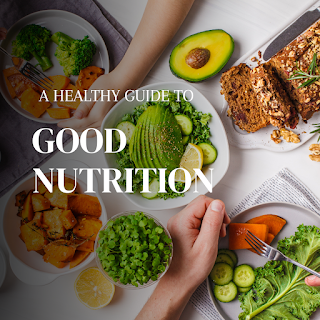Almost 108 million Americans were overweight or obese in 1999. Until now, obesity continues to be a serious problem and has reached epidemic levels in 2020.
One way to prevent this scenario is to make people aware of the risks of being overweight or obese.
Here are some diseases that you are putting yourself in risk of if you are carrying a lot of extra pounds:
1. heart disease
2. stroke
3. diabetes
4. cancer
5. arthritis
6. hypertension
A healthy weight helps to prevent and control these diseases.
The quick weight loss methods which have spread like fire these days do not provide lasting results. More often than not, dieting methods which involve dietary drinks, foods and supplements (except for those that don't naturally occur in food but are necessary for your body's optimal function) or pills do not work. If they do, the results are just temporary.
It is better to rely on a healthy weight loss option which will provide lifetime results. You have to set realistic goals and not expect to lose a lot of pounds in a short span of time.
Here are some tips on how you can lose those unwanted pounds the healthy way:
1. Do not starve yourself.
The key to a healthier way of losing weight is: Do not diet.
You may seem happy and feel that you are losing those unwanted flabs on your belly and thighs by skipping meals. But remember that this would not last long. Your body cannot tolerate having insufficient food to fuel the energy that you use up every day.
If you get used to skipping one or two meals a day, your stored calories will be used up instead of the energy that should have been provided by your meals. So, if you just eat one huge sandwich in one day, it will end up straight to your problem area (i.e. highs, buttocks, hips).
2. Start your day right.
Mothers always say that breakfast is the most important meal of the day. Have a healthy meal in the morning to jump-start your metabolism.
Your food intake after you wake up will be used to burn fat all day long.
3. Eat small, healthy meals frequently.
Five small-serving snacks per day is better than three hearty meals. Eating more frequently, and in small servings, can prevent overeating. This will also increase your metabolism and make calories burn faster.
4. Decide on how much weight you want to lose.
Keep your goals realistic. In the long run, it is virtually impossible for you to lose 40 pounds in 2 weeks. Have a mindset that you want to eat healthy to stay healthy for the rest of your life.
Once you have decided on a weight loss plan or program, stick to it and make sure that you follow your own set of dieting rules.
5. Drink lots of water.
Your body needs sufficient water to burn fat and keep your cells hydrated and healthy.
6. Avoid too much sugar.
Plan your meals around lots of fruits and vegetables, some bread, rice or pasta for that carbo fix that you need, plus lean meat and protein rich foods. Sweets, sodas and pastries should be once-in-a-while indulgences only.
7. Watch your fat intake.
Fat is not the culprit to being overweight. You need this to keep your weight at the proper level.
There is such a thing as healthy fats. Olive, avocado, peanuts and canola oil have them. Tuna, salmon and mackerel have omega-3 fats which is good for the heart.
8. Exercise.
Leave your car if you are only going a few blocks from home, take the stairs instead of the elevator, jog, cycle or skate. Use these activities and other home chores if you are too lazy to go to the gym and take exercise classes. Make sure that you do this regularly and you will not even notice that you are already shedding pounds with these mundane activities.
It does not matter how much weight you plan or need to lose. What is important is that you set realistic goals for yourself.
Go slow. If you have already lost 5 or 6 pounds, give yourself a break then try to lose the next 5 pounds.
Eat healthy, drink lots of water, have enough sleep and exercise. This will give you a higher chance of losing weight and improving your health, which would result in a new, healthier you.

.png)
.png)

.png)
.png)
.png)